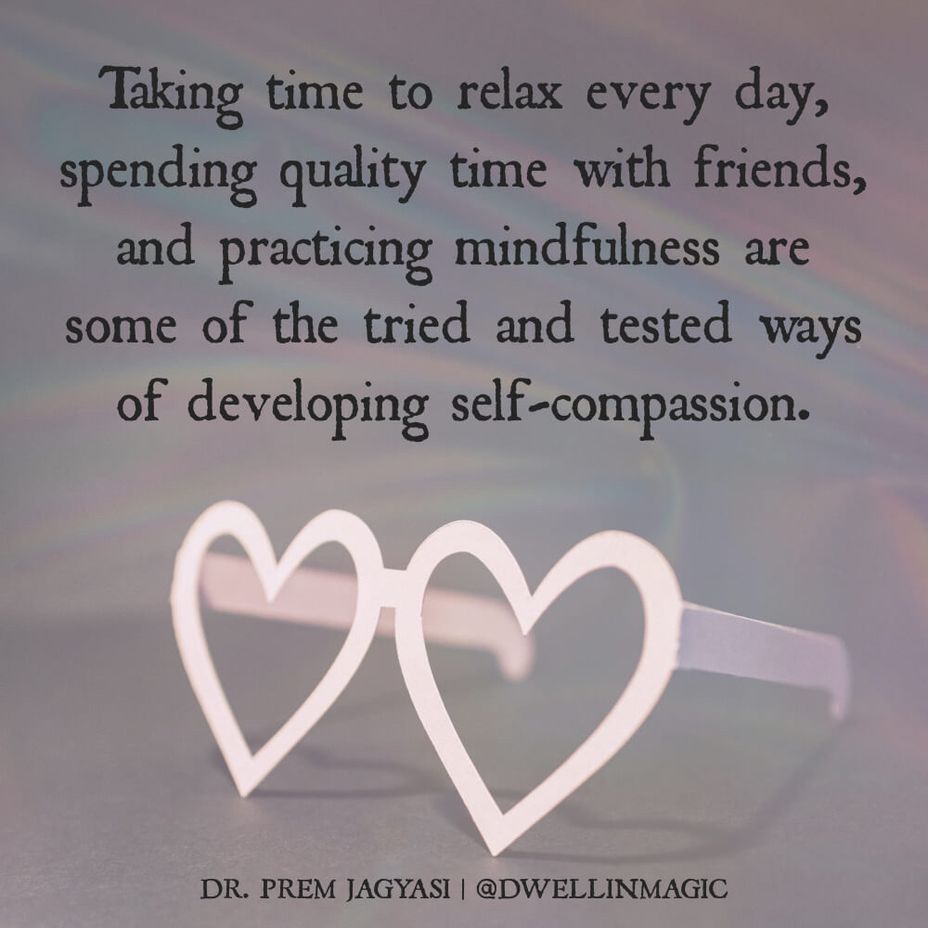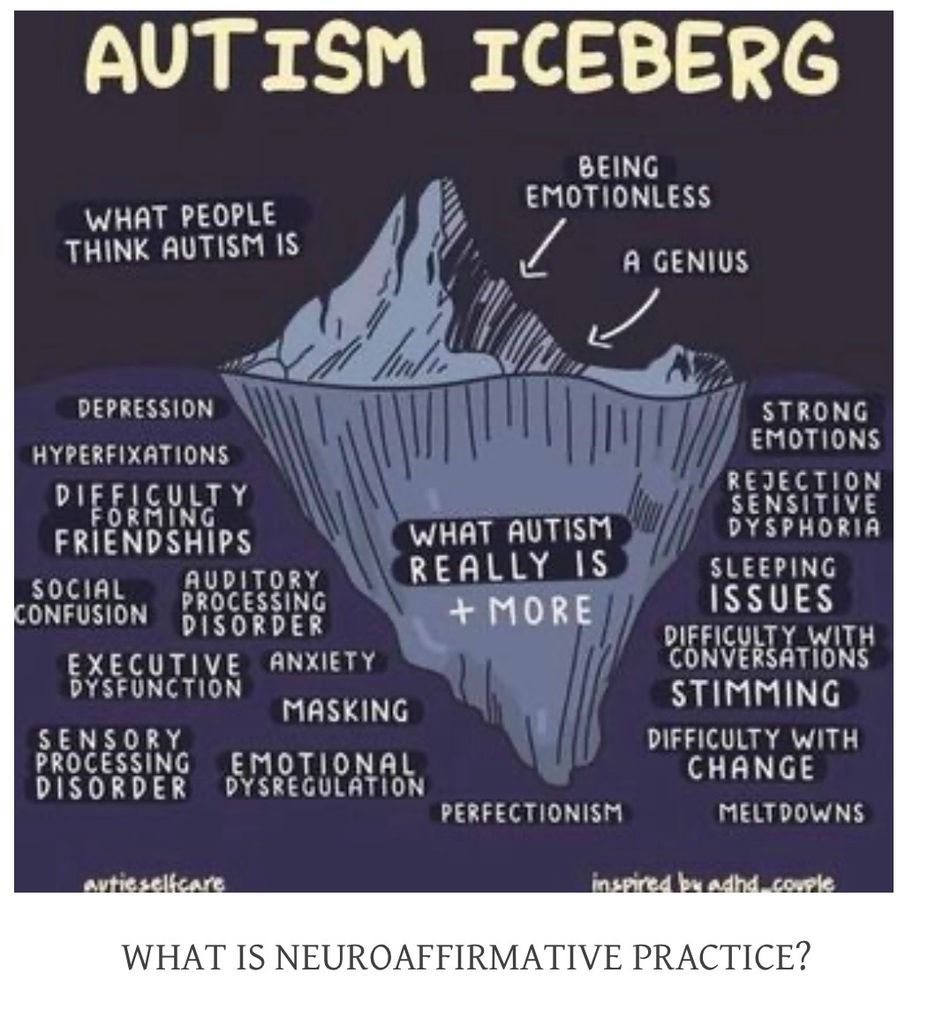"I Am Not an Introvert. My Brain Just Works Differently."
A First-Person Account of Auditory Static, Cultural Codes, and Rewiring My Neurodivergent Mind
1. The Paradox of Perfect Hearing
My ears are medically flawless. But when you speak, your words often dissolve into static. I’ll ask you to repeat yourself, and seconds later, the sentence snaps into focus. This isn’t a hearing problem—it’s auditory processing disorder (APD), a neurological quirk where my brain struggles to prioritize speech over background noise.
Neurotypical brains filter out irrelevant sounds instinctively—a survival skill honed to track predators or allies. My brain treats all noise equally: your voice, a ticking clock, the buzz of fluorescent lights. In gatherings, this means cognitive overload. But in quiet spaces, it sharpens my ability to detect tonal shifts others miss. A tremor in your voice, a pause a millisecond too long—these are my subtitles.
2. Proverbs vs. Precision: A Cultural Minefield
In Botswana, communication thrives on indirectness. Setswana proverbs like “Mabogo dinku a thebana” (“Sheep’s hands are siblings”) are social currency. To my autistic brain growing up, they felt like riddles without answers.
Growing up, I memorized laughter instead of meanings. I nodded when others nodded, scripting reactions like an actor with a bad script. But at home, I dissected books and films, reverse-engineering social rules. Matilda taught me when to smile. Pride and Prejudice taught me sarcasm. Real life? That was advanced mathematics.
My literalism wasn’t ignorance—it was hyperfocus on clarity. While others danced around metaphors, I demanded: “What does this mean literally?”
3. The Unmasking Equation
For years, I was a “good girl”—polite, rule-bound, hyperverbal. By 26, the mask cracked. Burnout isn’t laziness; it’s neurological debt.
Mimicking social cues drained my prefrontal cortex, a region neurotypicals automate. Every smile, every nod, was a manual override. Quitting my job wasn’t defeat—it was recalibration. I stopped forcing eye contact, let myself stim (sucking my tongue, humming), and prioritized sensory needs over social expectations.
Psychologist Devon Price calls masking “social survival with a body count.” For me, unmasking was liberation.
4. Sensory Revolt: My Body’s Audit
Unmasking unearthed suppressed sensitivities:
Crunch = Calm: Slimy foods (like okra) trigger gag reflexes. Crunchy veggies (carrots, apples) ground me. Science calls it “proprioceptive input.” I call it lunch.
Touch Boundaries: Hugs feel like invasions unless I initiate them. A weighted blanket? That’s 15 pounds of safety.
Pain Paradox: I pulled out a chunk of my hair once, whilst playing with it and felt no pain, but I recoil from a light touch. My nerves aren’t broken—they’re overclocked.
5. The Neurodivergent Advantage
Autism isn’t a flaw—it’s a cognitive specialization.
Hyperfocus: I dissected social interactions like lab experiments, memorizing scripts faster than others learned small talk.
Honesty as Innovation: Rejecting proverbs forced others to clarify. This became a superpower.
Pattern Recognition: Spotting hypocrisy in inconsistent rules? Easy.
Gladwell’s David and Goliath argues “disadvantages” can be strengths. My brain proves it.
Rewiring “Normal”
I don’t need fixing. The world needs updating.
Captions, sensory-safe spaces, and written instructions aren’t charity—they’re ROI.
“Normal” is a setting. My brain is on manual.
By SKL.
Auditory static translator. Recovering people-pleaser. Autistic.
No metaphors. No fiction. Just my truth.






